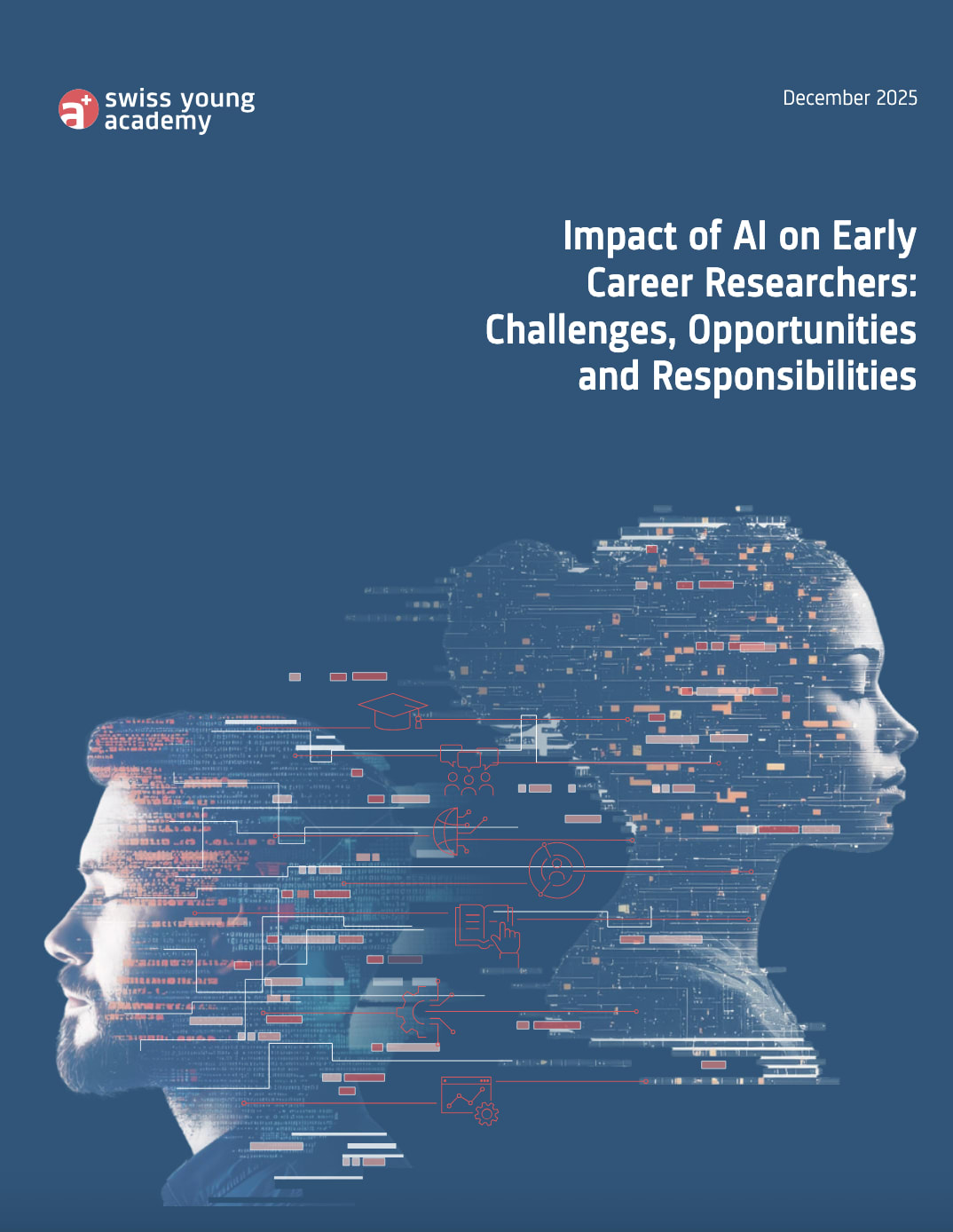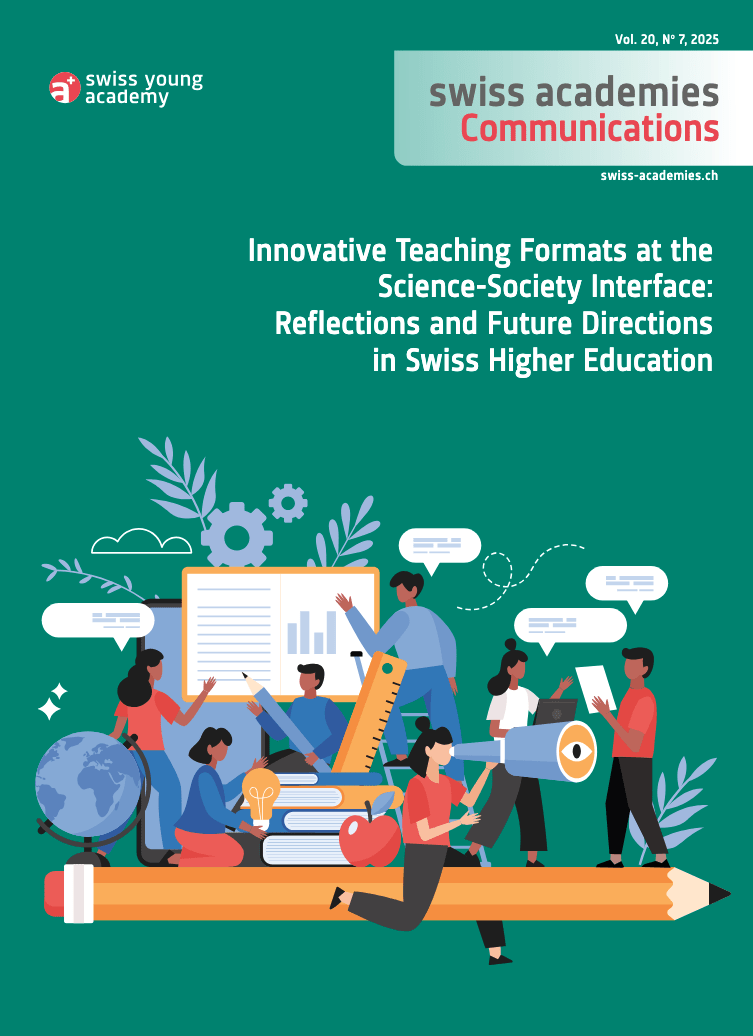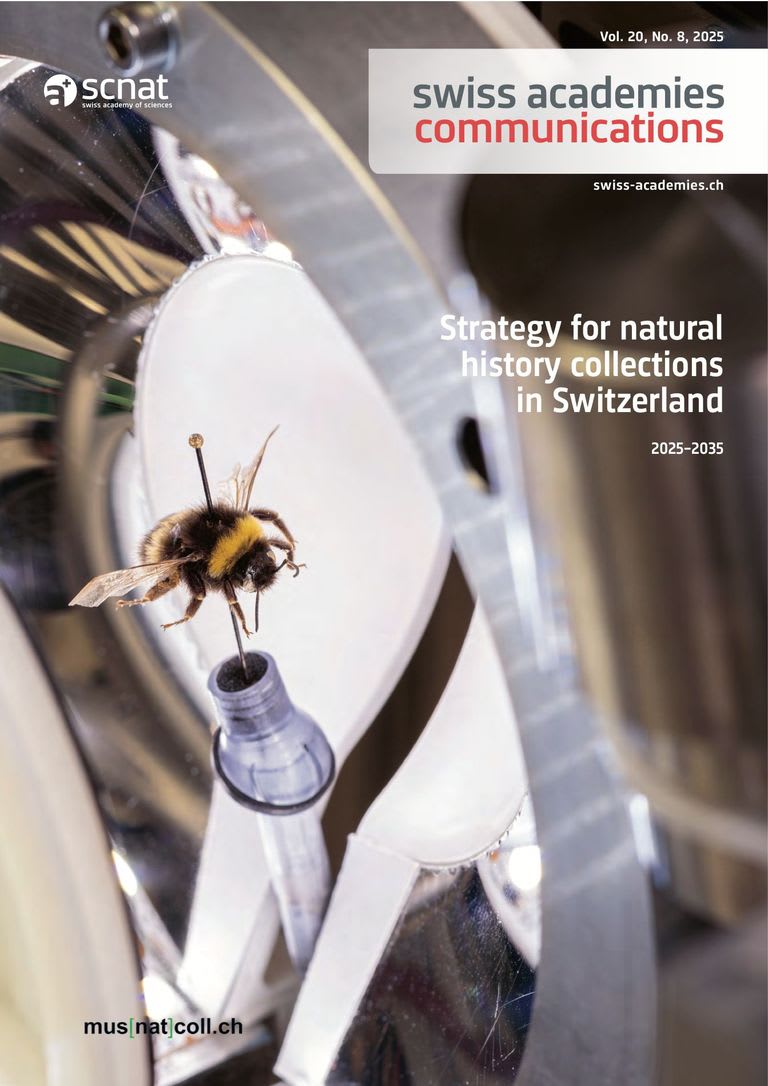Swiss Academies of Arts and Sciences
Aligning Intellectual Property Rights with Open Science
Examining the current patent system in the context of the objectives of open science, a new statement contains several recommendations to reconcile these two apparently contradictory elements of research policy. Key among them is the suggestion to introduce a grace period of at least one year in patent applications to make knowledge open as early as possible. In addition, the authors of the statement by the European Academies’ federation ALLEA conclude that patent income must not be seen as a substitute for public funding and patent activity should be used with great caution as an evaluation metric in assessing the performance of research institutions, projects, and individuals.




